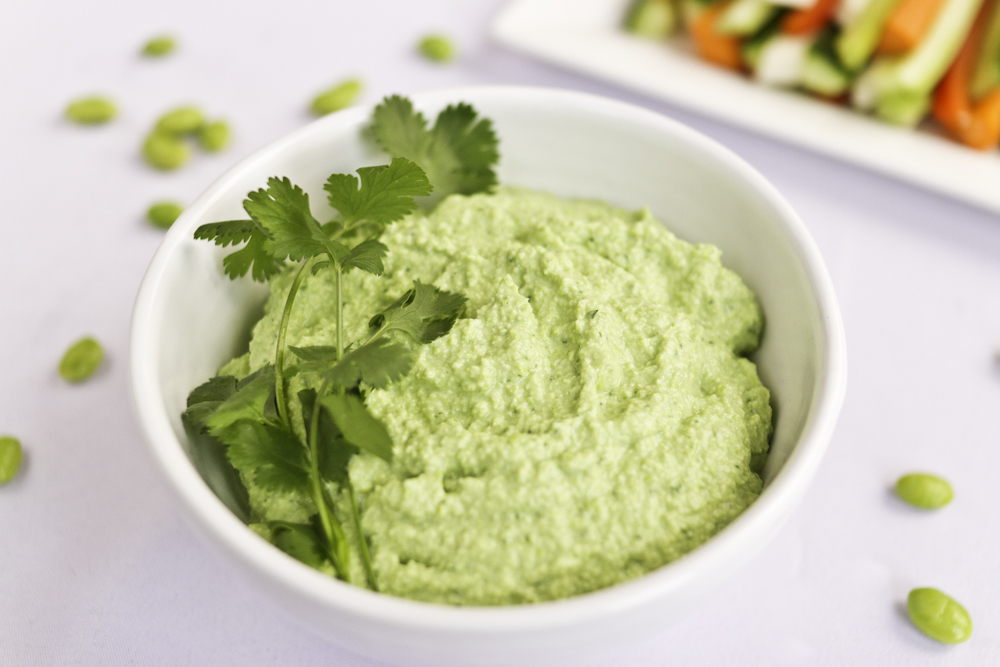
The Risks and Benefits of Soy: Separating Fact from Fallacy
Search the word “soy” on the Internet, and you’ll find a lot of controversy. Hidden behind the headlines, however, are a growing number of scientific studies pointing out that soy is, indeed, safe. Not only is it safe to consume, but in many cases, it’s good for your health.
Moderate amounts of soy do not increase a breast cancer survivor’s risk of recurrence or death
New Soy Benefits
A new study published in the 2017 edition of Cancer found soy to be a life-saver when it comes to breast cancer survivors. The scientists followed a multiethnic group of over 6,000 women with breast cancer for more than nine years. They found that the group who consumed the most soy isoflavones (≥1.5 mg daily) had 21% fewer deaths from all causes compared with those who consumed the lowest (<0.3 mg daily).
Soy’s Bad Rap
So why does soy still get such a bad rap ? We covered much of the research on soy and best practices for enjoying tofu, tempeh, edamame, soy milk and more in an earlier Ornish Living article, Enjoy Soy: Plant Protein Complete with All Nine Essential Amino Acids. Here, we separate fact from fallacy with a few disease-specific questions and answers about soy.
Q: Does soy have a negative effect on thyroid function?
A: It was studies of mice and rats that caused a media stir about soy’s relationship to the thyroid. Further studies have shown, however, that soy has no negative impact on patients’ subclinical hypothyroidism, and has a positive impact on cardiovascular measures. Rodents and humans do have a lot in common in terms of DNA, but we also have very big differences. Rodents, as it turns out, metabolize soy’s isoflavones in a different way from humans. And they are particularly troubled by insults to the thyroid. When looking more closely at actual humans consuming soy foods (as opposed to either in vitro – test-tube – or rodent studies), there’s little evidence of any negative effects of eating soy on the functioning of the thyroid (especially in those with adequate iodine supplies) and soy’s general safety has been reinforced.
Q: What is the relationship between soy and breast cancer? Is there cause for concern about soy’s phytoestrogens and their “estrogenic” effects?
A: The relationship between soy and breast cancer as well as other estrogen-related cancers has been questioned because soy contains “phytoestrogens” (plant estrogens). Isoflavones (soy’s phytoestrogens) do have a chemical structure that looks a bit like the human hormone estrogen. Since high levels of estrogen may promote the development and growth of breast cancer, many experts have worried that eating a lot of soy foods might increase the risk or metastatic growth of breast cancer. However, rest assured that phytoestrogens are not the same as human estrogen. It’s thought that the positive and protective effects of phytoestrogens on health may be because of this “same-but-different” quality: they may mimic the actions of estrogen, binding to estrogen receptors and acting as an antagonist of estrogen.
The BRCA Gene
Further, for women with a genetic risk of breast cancer, research shows how the phytoestrogens in soy may be preventing tumors by turning “on” women’s BRCA (tumor suppressing caretaker) genes. The BRCA genes are responsible for DNA repair and act against the development of certain types of breast cancer. When the BRCA genes are turned “down” or turned “off,” cancer risk increases; there is higher potential for tumor growth. A 2012 study published in Omnic: Journal of Integrative Biology, shows that adding soy (equivalent to 1 cup of soybeans) flipped the switch and turned back “on” the BRCA protection that had been turned off by the cancer, suppressing cancer cell growth.
To date, not a single study of women with a history of breast cancer (pre- and post-menopausal) and with moderate* (two to three servings or fewer) soy consumption has found negative effects. The 2017 study mentioned earlier associated longer lifespans for breast cancer survivors who did eat soy foods.
In 2009, the Life After Cancer Epidemiology (LACE) study followed 1,954 US women to track reoccurrence of breast cancer, and it found a trend for reduced risk of breast cancer recurrence with each quintile of soy isoflavones vs. no consumption of soy foods. More exciting, perhaps, is that the study found a 60% reduction in recurrence when comparing those who consumed the most of the soy isoflavone diadzein versus those who consumed the least. The American Center for Cancer Research states eating moderate amounts of soy foods does not increase a breast cancer survivor’s risk of recurrence or death.
Q: Does soy affect the risk of prostate cancer?
A 2003 study out of UCSF found a reduced risk of prostate cancer with increased use of soy foods and isoflavones. Other studies have shown that moderate soy intake may lower PSA (prostate-specific antigens) that may indicate the growth of prostate cancer.
*What is Moderate Soy Consumption?
It’s one to two servings a day of soy foods such as tofu, soy milk or yogurt, edamame and roasted soy nuts. (One serving averages about 7 grams of protein and 25 mg isoflavones.) Studies have demonstrated up to 3 servings/day—up to 100 mg/day of isoflavones—consumed in Asian populations long-term does not link to increased breast cancer risk.
Conclusion: Soy has not only won a hard-earned health claim from the U.S. Food and Drug Administration for its potential cardiovascular benefits, but it is also working to protect many other sensitive glands. Now may be the time to stop worrying about soy and start considering all the delicious ways to add it to your menu.
How are you going to enjoy soy today?







